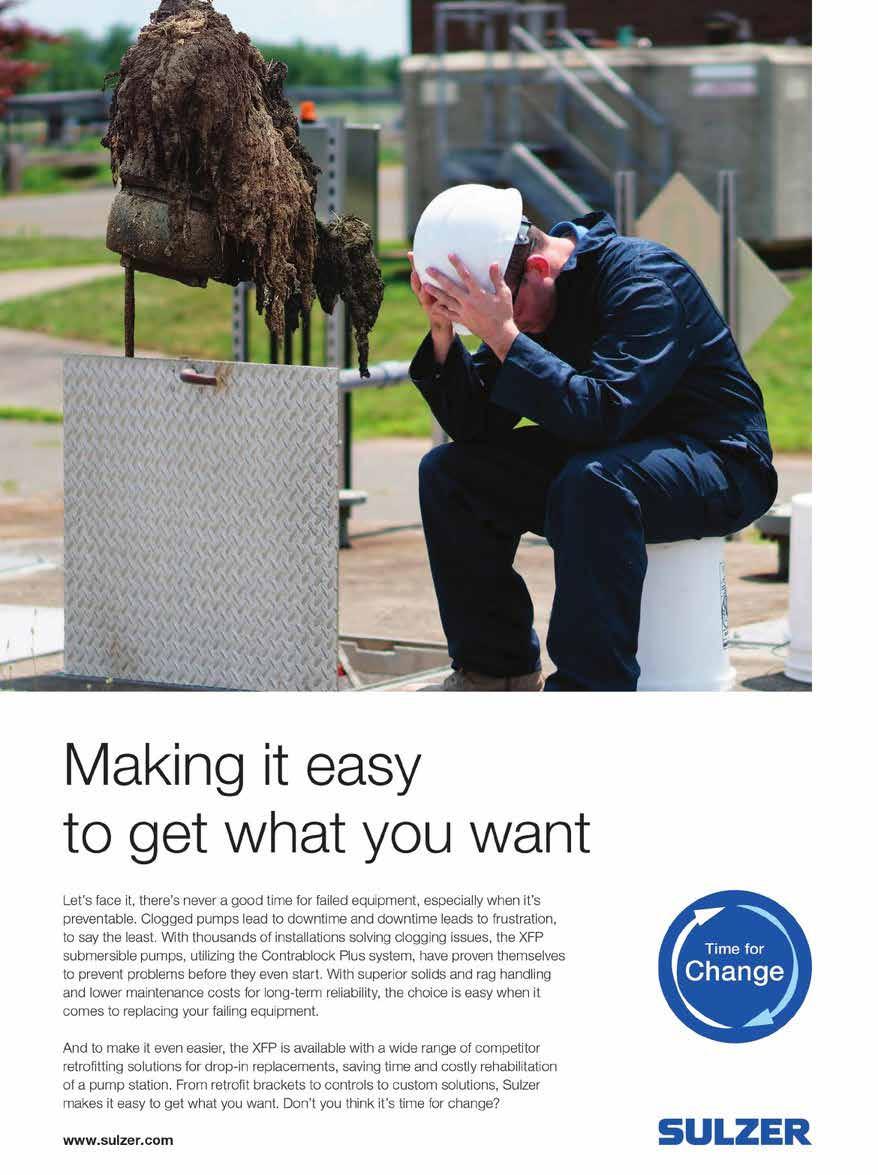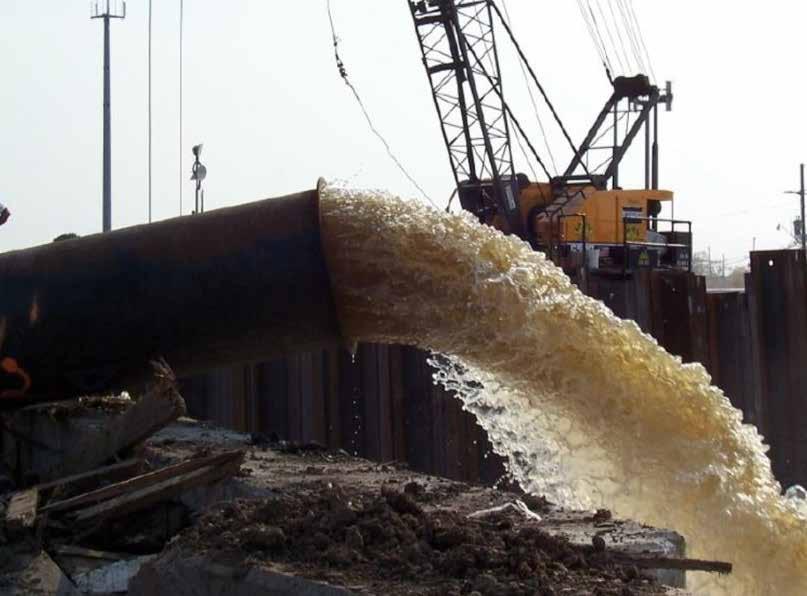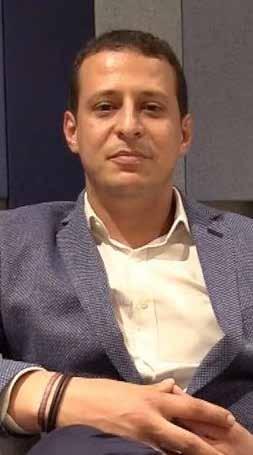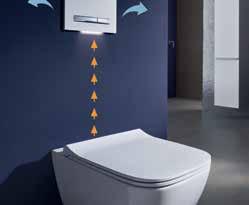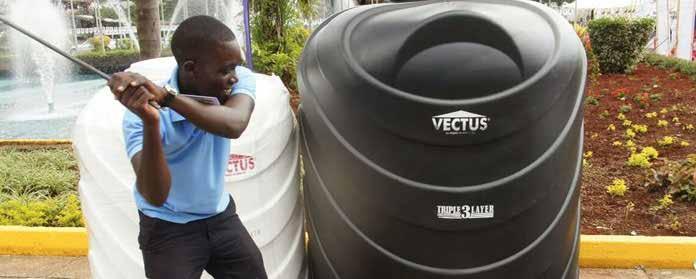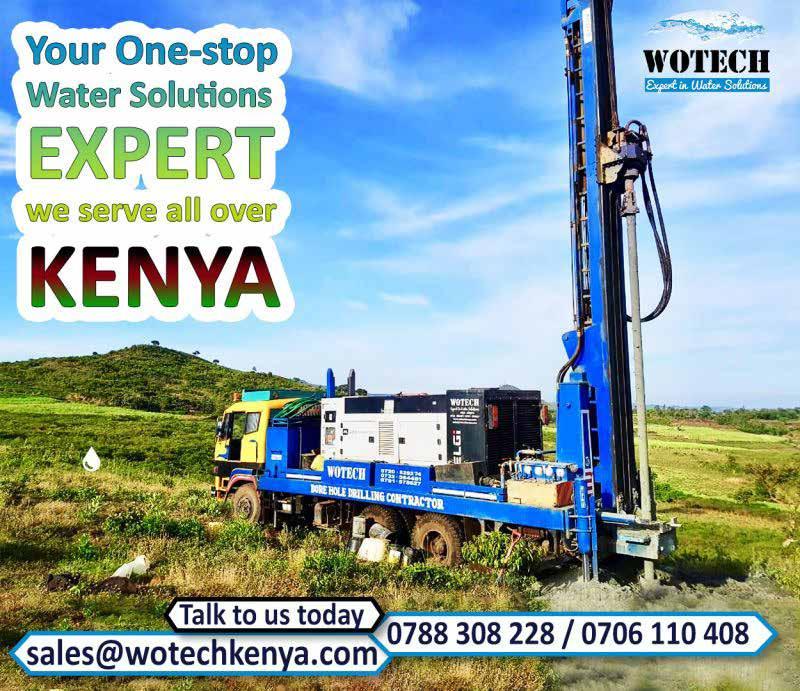
3 minute read
News
Heloika Energy wins US $34m contract for drinking water project in Gambia
The government of Gambia, through the Ministry of Fisheries, Water Resources and National Assembly Matters (MoFWR) has awarded a contract for the implementation of a drinking water project in the country.
Advertisement
The contract was awarded to Heloika Energy and it entails improve the drinking water supply to the county’s population. The project involves drilling of 103 boreholes in the West African country at a total cost of approximately US $34m.
Heloika Energy will implement the project in two phases. The first phase will see the construction of 50 large boreholes while the second phase will deliver 53 mini boreholes at an investment of US $19m and US $15m respectively.
The drilling of these boreholes is a component of the Climate Smart Wash Development Project (CSRWASHDEP), which is under billion plan for the next ten years to counter water shortages by improving its water-supply and storage infrastructure. Kenyan start-up SunCulture has announced plans to disseminate solar-powered water pumps in seven African countries. This is after the company carried out a financial mobilisation raised US $14m for the development. The company which provides solar water pumps for irrigation received the funding from Energy Access Ventures (EAV), Electricité de France (EDF), Acumen Capital Partners (ACP) and Dream Project Incubators (DPI). SunCulture was advised in this transaction by London-based Ekta Partners and received advisory support (market opportunity and competitive landscape) from CrossBoundary, a company providing solar energy to commercial and the MoFWR. The CSRWASHDEP’s main objectives are to increase access to safe, clean drinking water, and sustainable water supply. It also aims to provide sanitation and hygiene facilities to the targeted communities in The Gambia. industrial (C&I) customers in Africa. With this capital, SunCulture plans to distribute its solar water pumps for irrigation in Ethiopia, Uganda, Zambia, Senegal, Togo and Ivory Coast. They will be used by farmers who will have the opportunity to multiply their income. Approximately 150 communities will benefit from this project mostly residents of rural and Peri-urban communities, as well as deprived urban communities with poor waste management practices, whose environment is facing increasing climate change threats such as flash flooding and periods of extreme drought. As a mechanism for sustainable management of the borehole facilities developed under CSRWASHDEP, including the 103 mentioned above, the MoFWR has established Water Committees in all the beneficiary communities. The committees will be in charge of the management and proper upkeep of the facilities throughout the Country.
Each beneficiary community, through their Water Committee, is required to open and maintain a Bank Account with a minimum amount of US $25, 000 deposited on yearly basis for a period of 60 months. This money will serve as a fix deposit for future
SunCulture to distribute solar-powered water pumps across Africa
South Africa has unveiled a US$61
maintenance of the water facilities. According to the company which was founded in 2013, in Africa, 80% of families depend on agriculture for their livelihood, but only 4% use irrigation due to the instability of the electricity grid. On top of this comes drought, one of the consequences of climate change.

The water pumps are equipped with 300 W solar panels and a 440 Wh battery storage system. These batteries can hold four light bulbs, two telephones and a plug-in submersible water pump.
To own the solar-powered water pump, each farmer will have to pay between US $500 and US $1,000, compared to US $5,000 when the first systems were launched in the seedling. They will be able to acquire this equipment thanks to pay-as-you-go; a system facilitated by mobile banking.

